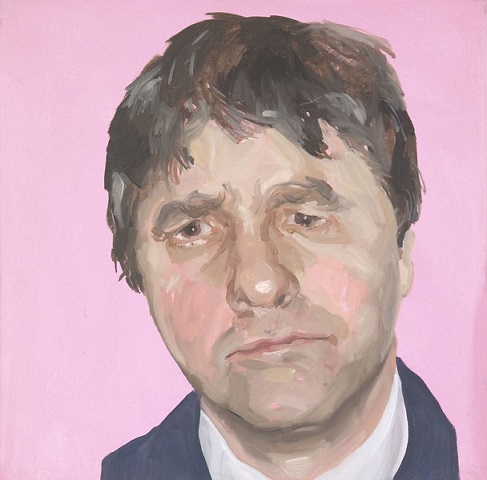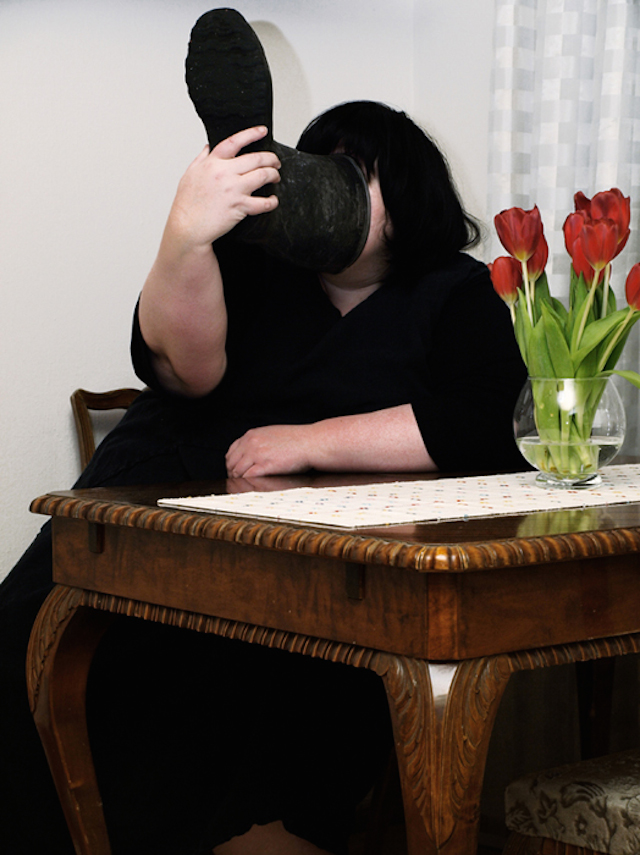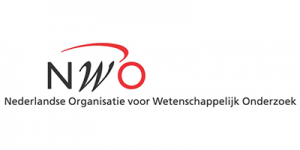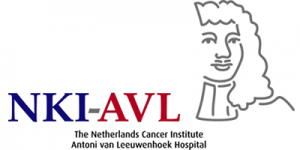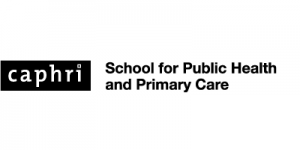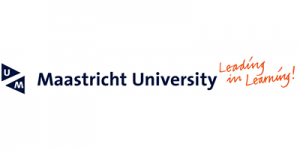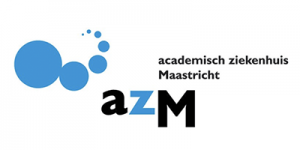PREVIOUS RESEARCH PROJECT
BODILY INTEGRITY IN BLEMISHED BODIES
The previous research project seeked to explore how people with acquired disfigurements and disabilities experience their own, but radically changed, bodies; and whether and how they habituate to them. The project ran from 2011 until 2016 and was funded by the Netherlands Organisation for Scientific Research (NWO), in the form of a Vidi grant.
The project addressed the following questions:
How do cancer survivors identify with their changed body after disease and treatment? Do they still experience a sense of bodily wholeness, or has this diminished? What aspects hinder and/or facilitate the process of re-identification? How do cancer survivors deal and respond to such bodily changes?
USED APPROACH
The aim of the project Bodily Integrity in Blemished Bodies is to unravel and understand how people experience their own body after surgery and how they manage (or not) to get used to these changes. This is not an easy job because most of the time people do not explicitly think or reflect on how they experience their bodies. For indeed, most of the time we take our own body as something for granted, something commonplace.
To explore the various ways in which people experience their bodies, and the ways in which they succeed in getting used to (unwanted) bodily changes, we adhered to an interpretive phenomenological approach. This means that we especially focussed on how people make sense of their experiences.
For this, we mainly conducted qualitative research, based upon the stories that people who have to live with bodily changes after cancer treatment shared with us in in-depth interviews. For the VIDI-project on Bodily Integrity in Blemished Bodies, we conducted interviews with patients at the Maastricht University Medical Center and the Netherlands Cancer Institute (AvL) in Amsterdam. In one study we analyzed the stories of women that were shared in online blogs.
The VIDI-project was conducted within three target groups:
- breast cancer patients, directly after surgery
- patients undergoing breast reconstruction
- people who wear facial prostheses after head and neck cancer
Since we used a qualitative approach (and not a quantitative on statistics based approach), our research does not aim at providing generalizable knowledge. While analyzing the qualitative data we seeked to identify certain themes and patterns which referred to different ways patients endow meaning to their bodies. Examples of these include “the body at a distance”; “the body nearby”; “the body in action”; “the gazeable body”; “the sexual body”; “the observable face”; the perceiving face”; “the sensing face”.
Meet the Previous Research Team
The previous research team was composed of specialists from diverse fields and junior researchers.
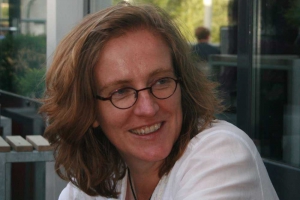
Jenny Slatman
Project leader, researcher, supervisor
I am an associate professor of philosophy in the department of Health, Ethics and Society, Maastricht University. My research involves philosophical and ethical analyses of bodily identity and integrity in reconstructive medicine, oncology and public health interventions.
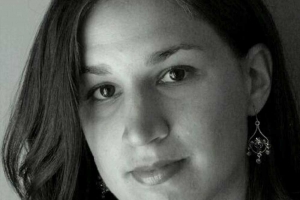
Marjolein de Boer
PhD researcher
I am a PhD-student in the department of Health, Ethics and Society, Maastricht University. I combine my backgrounds in both sociology (BSc) and philosophy (BA and MA) within my research on how women with disfiguring breast cancer experience their lives and bodies.
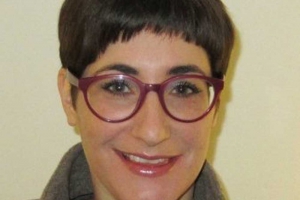
Gili Yaron
PhD researcher
After having attained my MA in Philosophy, and having taught at the University of Groningen, I am currently pursuing my PhD at the department of Health, Ethics and Society, Maastricht University. In my research, I explore how people with facial disfigurement who wear a silicone facial prosthesis experience and make sense of their changed, prosthetic bodies and lives.
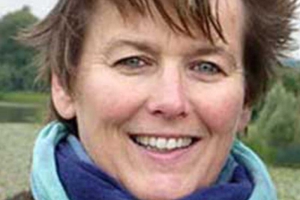
Klasien Horstman
Supervisor
I am professor of philosophy of public health in the department of Health, Ethics and Society, Maastricht University.
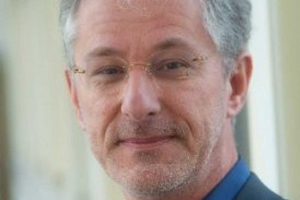
Eddy Houwaart
Supervisor
I am professor of medical history in the department of Health, Ethics and Society, Maastricht University. My main research topics include public health in the 20th century and medical technology in the 20th century.
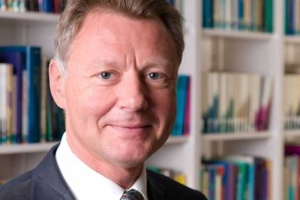
Guy Widdershoven
Supervisor
I am professor of medical ethics in the department of Medical Humanities at VU University Medical Center, Amsterdam.
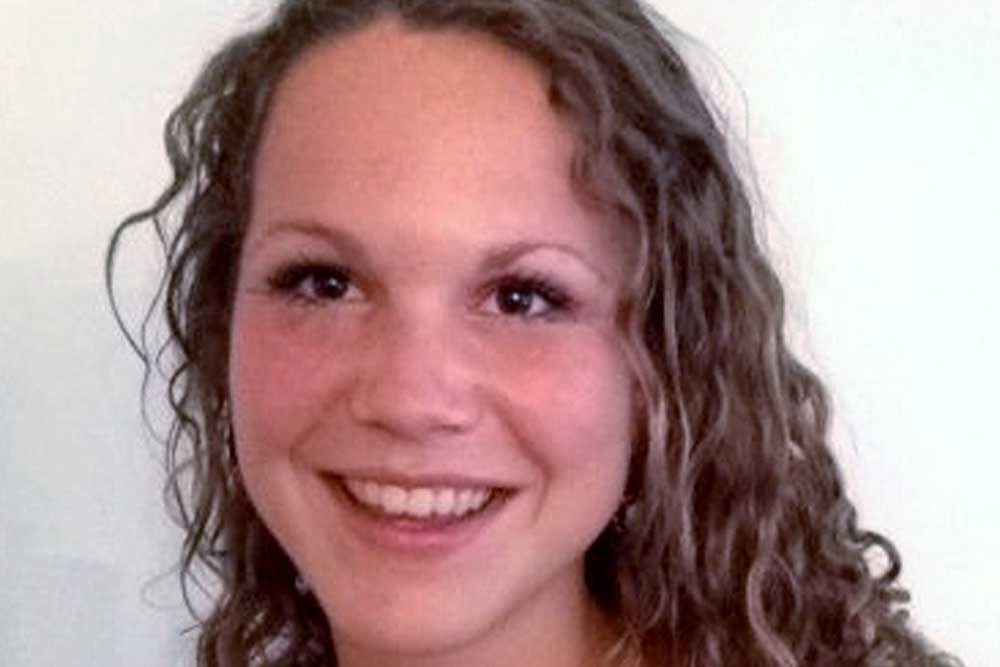
Tesse Leunissen
Guest researcher
Tesse joined our group in Autumn 2013 for 18 weeks within the scope of her research internship in medicine. She conducted a qualitative study on the experience of breast reconstruction. Tesse is now a PhD candidate at Utrecht University Medical Center, Department of Vascular Surgery.
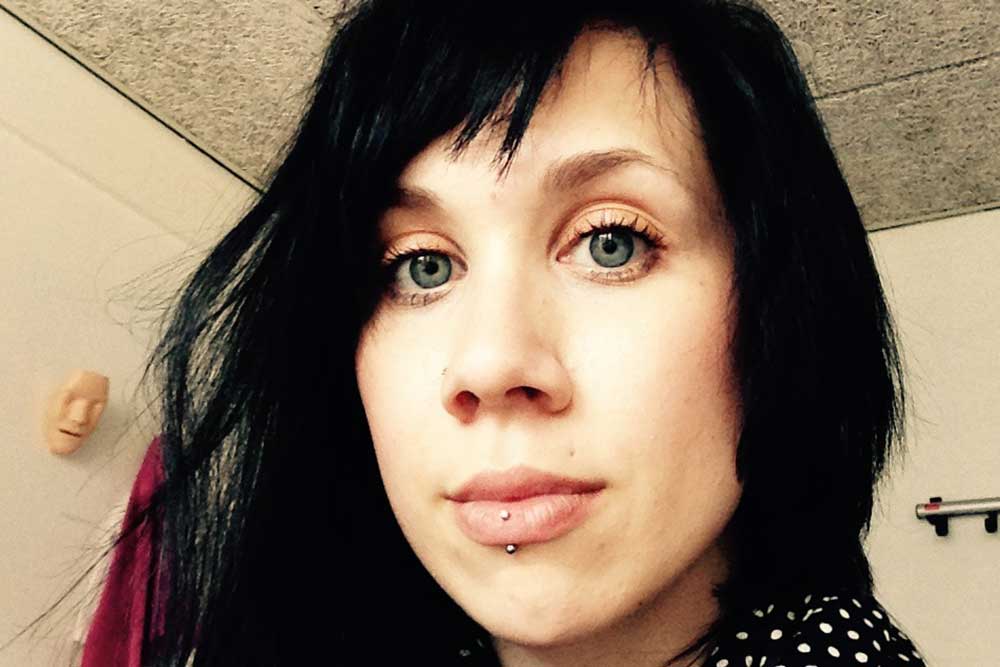
Sara Rodrigues
Guest researcher
I am a PhD candidate in Social and Political Thought at York University (Toronto). My research engages feminist theorizing on the body, body practices, and embodiment. My current research program considers the embodied experience of surgery by bringing biopolitics together with phenomenology.
Sara joined us 3 months in Spring 2015.
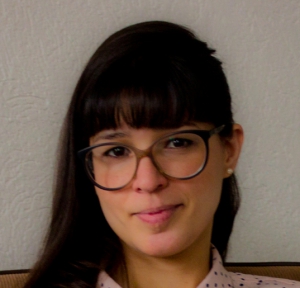
Marisol Marini
Guest researcher
I am a PhD-student in the Anthropology Department at São Paulo University (Brazil). In my master degree I was engaged in research about social and anthropological aspects of the body related to eating disorders. My current research is based on mechanical circulatory devices called artificial hearts. I explore how the development of these technologies is changing our understanding about human, life and death.
Marisol joined us from september 2015 until july 2016.
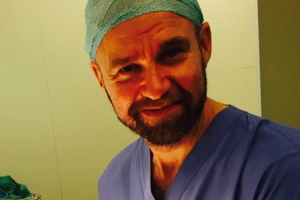
Rene van der Hulst
External collaborator
I am professor of plastic surgery and head of the department of plastic surgery at Maastricht University Medical Center, and I am chair of the Dutch association for plastic surgery (NVPC).
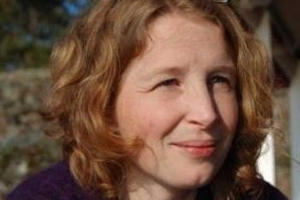
Kristin Zeiler
External collaborator
I am an associate professor of medical ethics at University of Linköpping, Sweden. My main research interests are found in areas such as medical ethics, phenomenology of the body, feminist philosophy and ethics, postcolonial theory and global ethics.
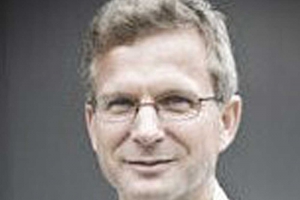
Michiel van den Brekel
External collaborator
I am a head and neck surgeon – otolaryngologist working as head of the department of Head and Neck Oncology and Surgery at the Netherlands Cancer Institute Antoni van Leeuwenhoek (NKI-AVL) in Amsterdam, and professor of Oncology-Related Voice and Speech Disorders at the University of Amsterdam.
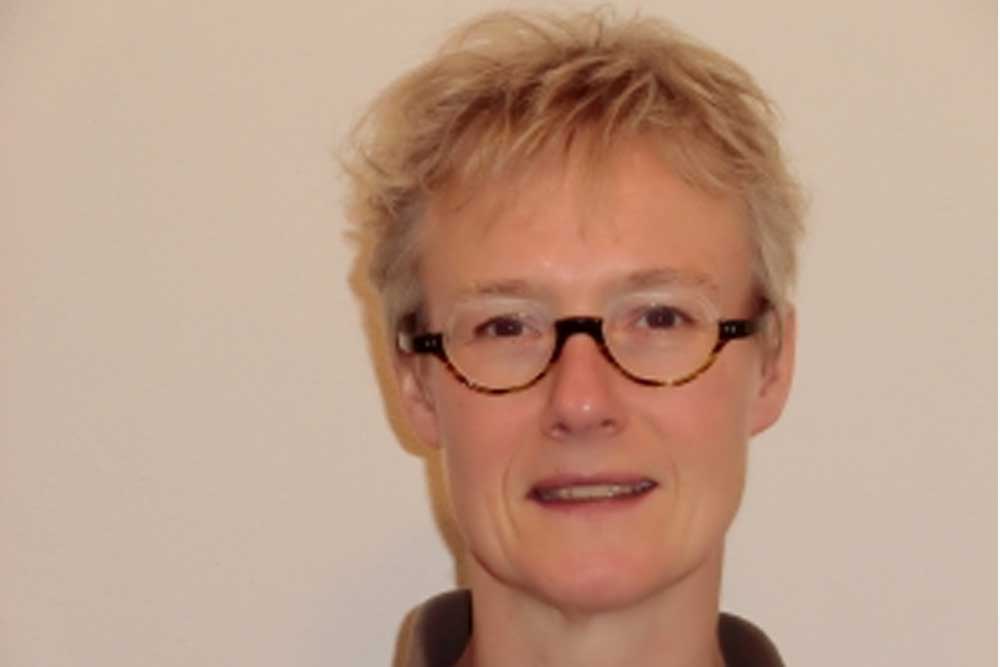
Annemie Halsema
External collaborator
I am an assistant professor of philosophy at VU-University Amsterdam. The themes I am interested in are embodiment, (personal) identity, and the self-other relationship.
PATIENTS’ VOICES
While clicking the following pictures you can read what various patients we interviewed said about their changed body: their experiences, their hopes, and their dealings with it. To protect our respondents’ anonymity, names and pictures are fictitious.
OUTCOMES
English publications
- J. Slatman(2011): The meaning of body experience valuation in oncology. Health Care Analysis pp. 295-311 Download
- J. Slatman(2012): Phenomenology of Bodily Integrity in Disfiguring Breast Cancer. Hypathia pp. 281-300 Download
- M. Moraal, J. Slatman, A. Pieters, A. Mert, G. Widdershoven (2013): A virtual rehabilitation program after amputation.Disability and Rehabilitation. Assistive Technology. pp. 511-515
- J. Slatman(2014): Multiple dimensions of embodiment in medical practices. Medicine, Healthcare and Philosophy pp. 549-557 Download
- M.L. De Boer, J. Slatman(2014): Blogging and breast cancer. Women’s Studies International Forum pp. 17-25 Download
- Slatman, J. & G. Yaron (2014). Towards A Phenomenology of Disfigurement. In K. Zeiller and L. Käll (eds.), Feminist Phenomenology and Medicine, Albany: SUNY Press: 223-240 Download
- Slatman, J., A. Halsema & A. Meershoek (2015). Responding to scars after breast surgery. Qualitative Health Research. DOI: 10.1177/1049732315591146
- Slatman, J. & Widdershoven, G. (2015). An Ethics of Embodiment: The Body as Object and Subject. In D. Meacham (Ed.). Medicine and Society, New Perspectives in Continental Philosophy. Dordrecht, Heidelberg, New York, London: Springer. p. 87-104 Download
- M.L. de Boer, R. van der Hulst & J. Slatman (2015). The surprise of a breast reconstruction: A longitudinal phenomenological study to women’s expectations about reconstructive surgery. accepted for publication in Human Studies. 38 (3): 409-430 Download
- T. Leunissen, M. de Boer, R. van der Hulst & J. Slatman (2016) Exploring new dimensions in embodiment after implant based and autologous breast reconstruction. Journal of Plastic, Reconstructive and Aesthetic Surgery -JPRAS Volume 7: 32-41 Download
- J. Slatman (2016) Is it possible to ‘incorporate’ a scar? Revisiting a basic concept in phenomenology. Human Studies Volume 39, Issue 3, pp 347–363 Download
- Yaron, G., Widdershoven, G., & Slatman, J. (accepted). Recovering a disfigured face: Cosmesis in the everyday use of facial prostheses. Techné: Research in Philosophy and Technology
Dutch publications
- J. Slatman(2011): Lichaamsbeeld. Onderzoek naar de lichaamsbeleving van (ex)kankerpatiëntenKWF Kankerbestrijding Kracht pp. 10-12 Download
- G. Yaron(2012): Leven met een ander gezicht. Nieuwsbrief van de vereniging Oog in Oog pp. 14-15y. pp. 511-515
- G. Yaron(2012): Werken aan een gaaf gelaat. Kijk anders, zie meer pp. 47-60 , Den Haag Download
- M.L. De Boer(2013): Tepelloze activisten. Filosofie Magazine Download
- J. Slatman(2012): Aandacht voor lichaamservaring binnen de oncologie. Psychosociale Oncologie pp. 30-31
- J. Slatman (2013). Lichamelijkheid in medische praktijken. De verschillende’betekenissen van ‘het lichaam’ in M. Schermer, M. Boenink en G. Meynen (Eds.): Komt een filosoof bij de dokter pp. 49-62 , Amsterdam. Download
- Slatman, J. (2015). Zelf beschikken, samen beslissen over het eigen lichaam. In Th. Wobbes & M. van den Muijsenbergh (red.) Baas over eigen lichaam? Dilemma’s rond zelfbeschikking en gezondheid. Valkhof Pers. pp. 59-74 Download
- Slatman, J., Halsema, A. & A. Meershoek (2015). Omgaan met de gevolgen van een borstoperatie. Oncologica. Tijdschrift voor oncologieverpleegkundigen en verpleegkundigen specialisten oncologie. 32(3): p. 30-33 Download

